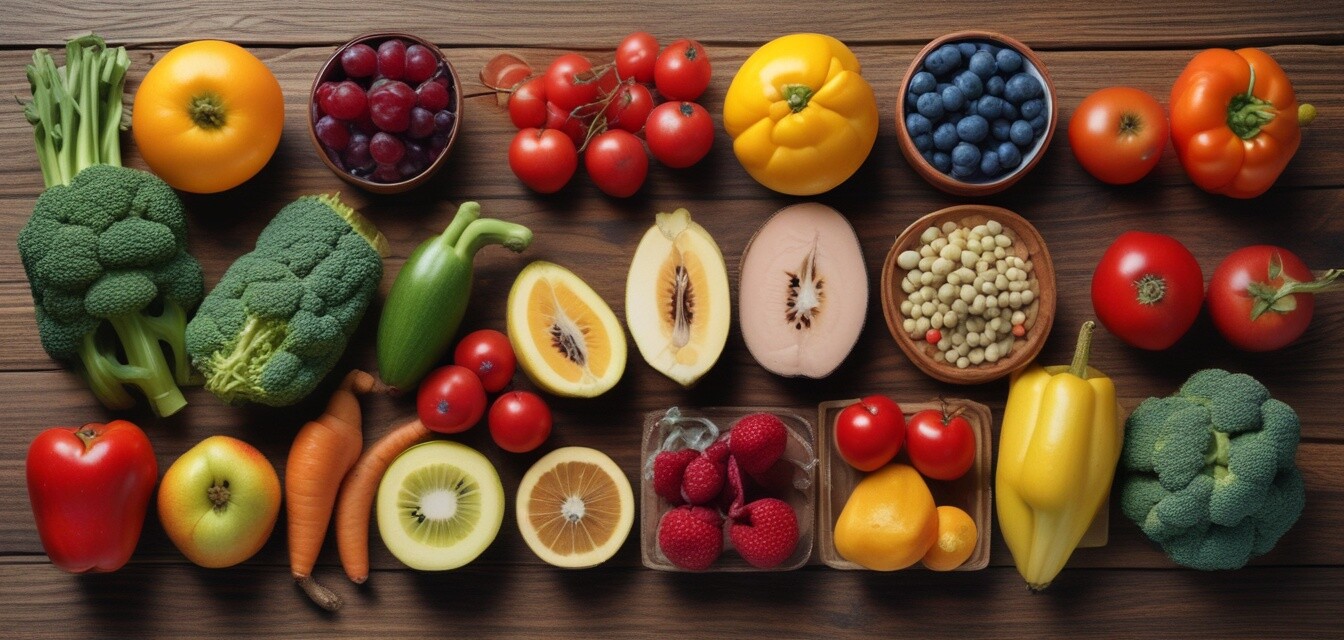
Nutritional mistakes to avoid during pregnancy
Key takeaways
- Focusing solely on cravings can lead to unhealthy eating choices.
- Neglecting essential nutrients can affect both mother and baby’s health.
- Using prenatal vitamins correctly is important for full nutritional support.
- Staying hydrated is as crucial as choosing the right foods.
- Balance is key—avoid extremes like restrictive diets or overeating.
Pregnancy is a time of great excitement and change, but it can also be overwhelming, especially when it comes to nutrition. It's important for expecting mothers to be aware of common nutritional mistakes that can occur during this critical time. By understanding these mistakes and how to avoid them, moms-to-be can foster a healthier environment for both themselves and their babies.
Common nutritional mistakes
Here are some common nutritional mistakes to avoid during pregnancy:
- Overindulgence in cravings
- Ignoring essential nutrients
- Neglecting hydration
- Avoiding healthy fats
- Inadequate prenatal vitamin intake
Overindulgence in cravings
While it's okay to indulge occasionally, relying solely on cravings can lead to poor dietary choices. Focus on a balanced diet featuring a variety of foods from all food groups.
Ignoring essential nutrients
Expecting mothers need an array of vitamins and minerals for healthy development. Pastas, grains, fruits, and various proteins should be included. Key nutrients include:
| Nutrient | Sources |
|---|---|
| Folic Acid | Leafy greens, beans, and fortified cereals |
| Iron | Red meat, poultry, fish, and beans |
| Calcium | Dairy products, tofu, broccoli, and almonds |
| DHA | Fatty fish, seaweed, and algae-based supplements |
Neglecting hydration
Staying hydrated is crucial. Water supports digestion, nutrient transport, and overall well-being. Aim for at least 8-10 glasses of water a day. Consider adding fruits like watermelon and cucumbers for hydration!
Avoiding healthy fats
Healthy fats are essential for fetal brain development. Incorporate sources like avocados, nuts, and seeds into your diet. They support overall health and provide sustained energy.
Inadequate prenatal vitamin intake
Choosing the right prenatal multivitamins can greatly help in meeting nutritional needs. Be sure to follow the recommendations provided by your healthcare provider.
Nutritional strategies for a healthy pregnancy
To enhance nutritional intake during pregnancy, consider the following strategies:
- Plan balanced meals: Combine proteins, whole grains, healthy fats, and plenty of fruits and vegetables in every meal.
- Snack wisely: Healthy snacks can keep energy levels stable. Explore options like yogurt with fruit, nuts, or high-fiber crackers.
- Seek guidance: Don’t hesitate to reach out to a healthcare provider or nutritionist to tailor a diet plan that meets your specific needs.
Tips for expecting mothers
- Keep a food diary to track what foods you consume.
- Monitor your cravings and find healthier alternatives.
- Regularly engage in light exercises after consulting with your doctor.
- Incorporate a variety of colors in your meals to ensure nutrient diversity.
“Nutrition isn’t just about the food you eat; it's about making informed decisions for you and your baby.”
Conclusion
Being aware of common nutritional mistakes during pregnancy is vital for expecting mothers. By focusing on balanced meals, essential nutrient intake, proper hydration, and correct use of prenatal vitamins, mothers can nurture their health and that of their babies. For more tips on maintaining a healthy pregnancy, check out our section on healthy pregnancy tips.
Pros
- Better health for both mother and baby.
- Increased energy levels throughout the day.
- Lower risk of nutritional deficiencies.
Cons
- Requires more planning and preparation.
- May be difficult to maintain if unhealthy cravings are strong.
